


721 Posts
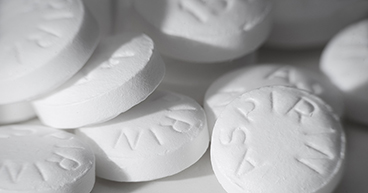
May 14, 2024
Can aspirin work its wonders to prevent cancer?Evidence is mounting that an aspirin regimen may help reduce the risk of certain cancers, especially colorectal cancer.

May 9, 2024
Some supplements may not be safe for cancer patientsSome supplements and naturopathic remedies may be beneficial for people with cancer. But others may make treatment less effective.
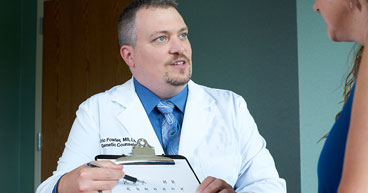
May 7, 2024
What you should know about BRCA1/2 genetic test resultsKnowing your BRCA mutation status may heighten your awareness about your risks for developing cancer in the future.
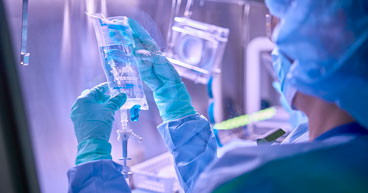
May 2, 2024
Why does immunotherapy work for some but not others?Statistics only show response rates of 20 percent to 40 percent for immunotherapy drugs.
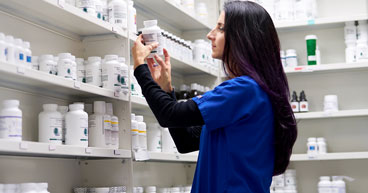
April 30, 2024
Pharmacogenomics identify drugs more likely to work for youPharmacogenomics considers how a person’s unique genetic makeup influences his or her response to drugs and medications.

April 25, 2024
10 ways a virtual home assistant can help cancer patientsVirtual assistants may be helpful for cancer patients in certain circumstances. Learn what they are, what they do and how they assist.
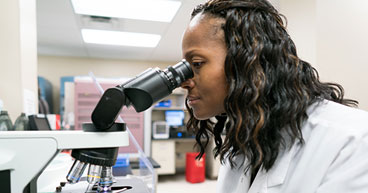
April 23, 2024
What is precision medicine and how does it work?When researchers mapped the human genome—the 23 pairs of chromosomes located in a cell’s nucleus—it ushered in the era of cancer treatment using precision medicine.
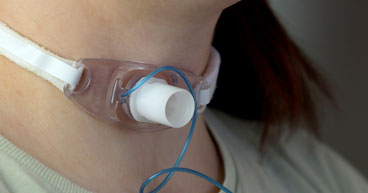
April 18, 2024
Tips on living with a tracheostomyThose with cancer may require a tracheostomy after certain therapies or treatments to help with breathing and maintain quality of life.

April 16, 2024
How does exercise reduce cancer risk?Cancer researchers examined the physical activity levels of 1.4 million people over an 11-year period. Their conclusion: Regular exercise may reduce the risk of up to 13 cancers.
Guidelines
The information contained in this blog is not intended nor implied to be a substitute for professional medical advice. Always seek the advice of your physician or other qualified health provider prior to starting any new treatment or with any questions you may have regarding a medical condition. Nothing contained in the blog is intended to be used for medical diagnosis or treatment of any illness, condition or disease.